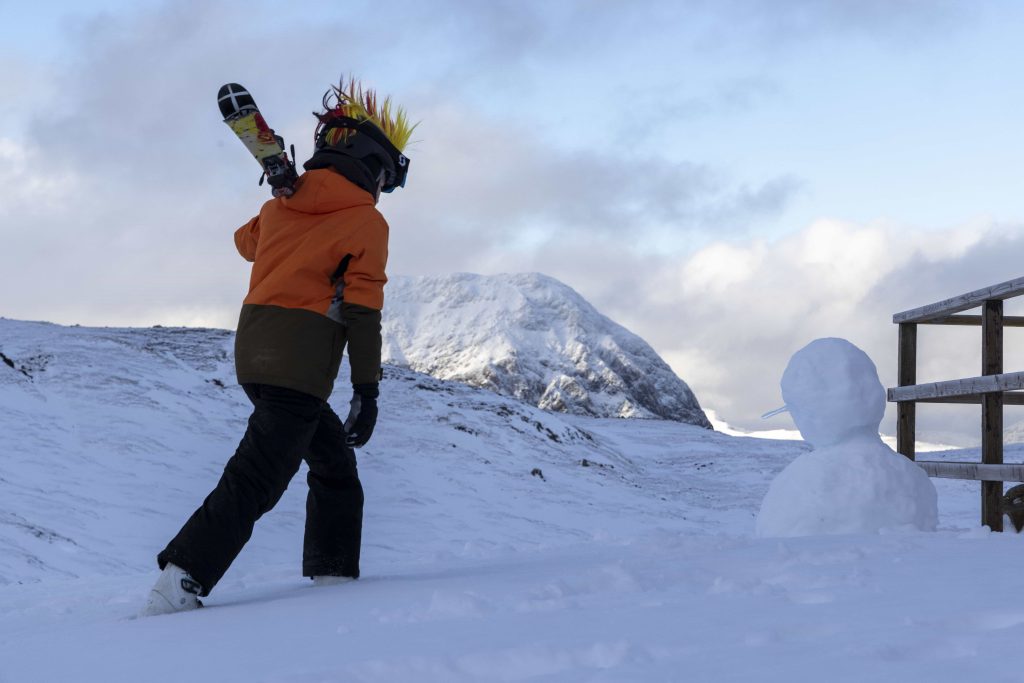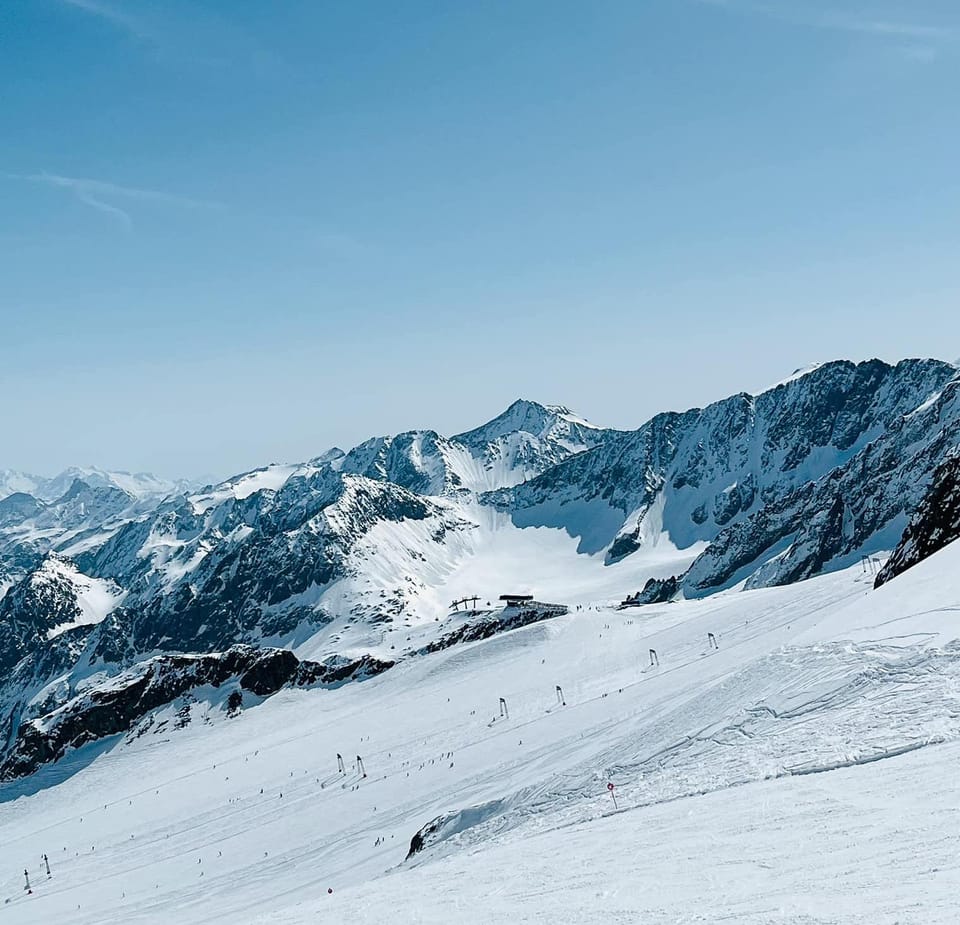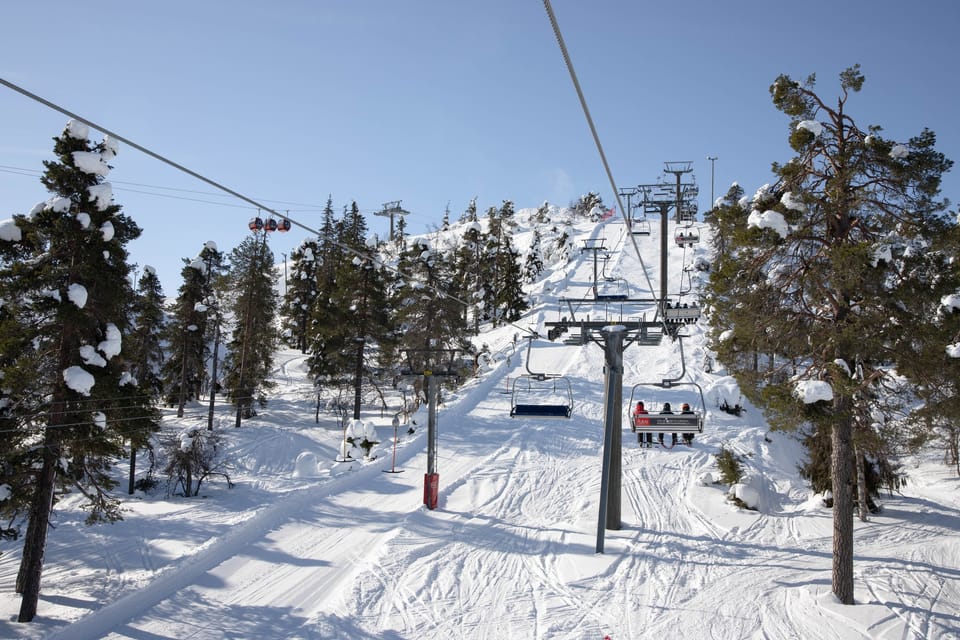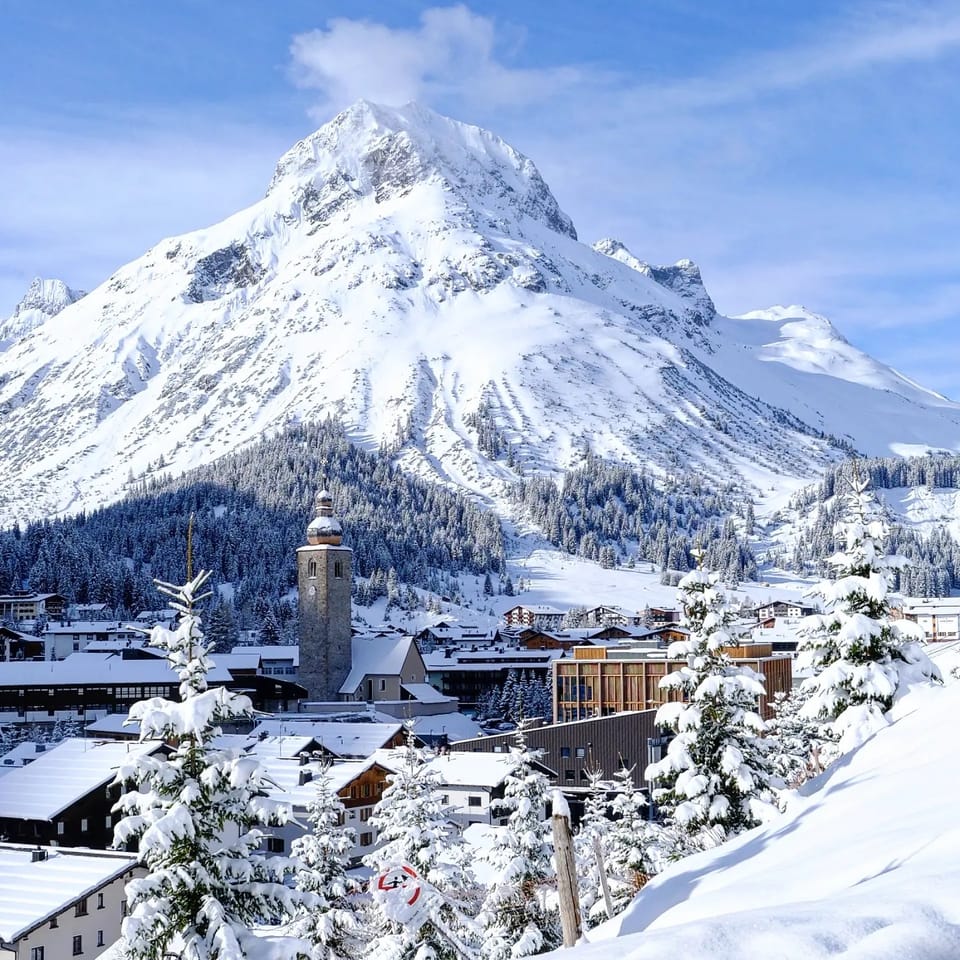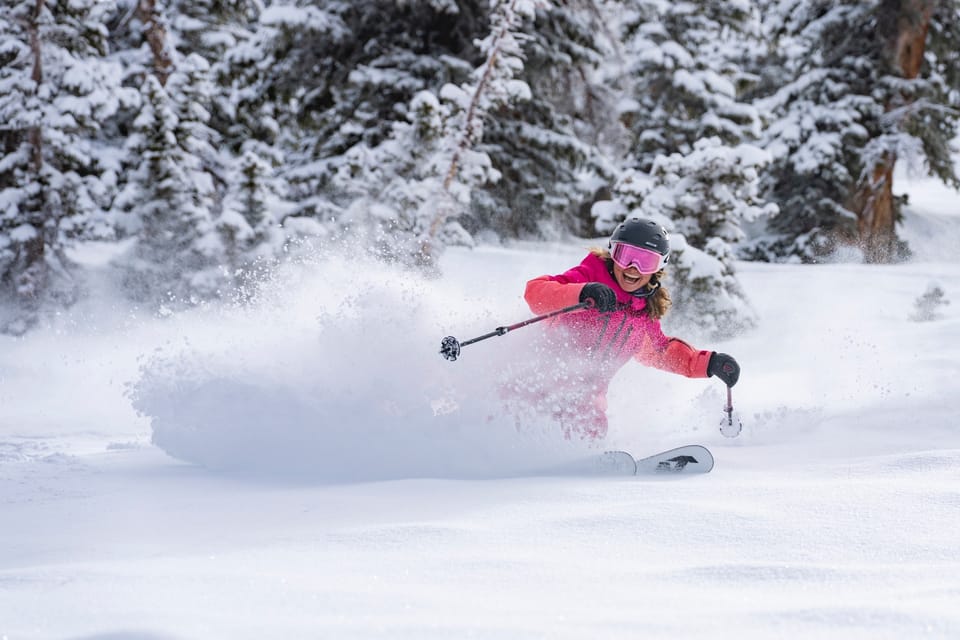Scotland Hoping for Bounce Back Season After Setbacks

Snowsport Scotland’s CEO Trafford Wilson has spoken of his optimism for a successful ski season this winter, following a string of setback for the country’s ski areas lover the past few years.
“It’s fundamentally important we have a good season. We want people to ski and snowboard in Scotland, enjoy it, and make it a habit going forward. This winter season presents a great opportunity for people to make the most of the varied terrain on offer, explore our backcountry playgrounds and to learn how to ski or snowboard on home soil,” said Mr Wilson.
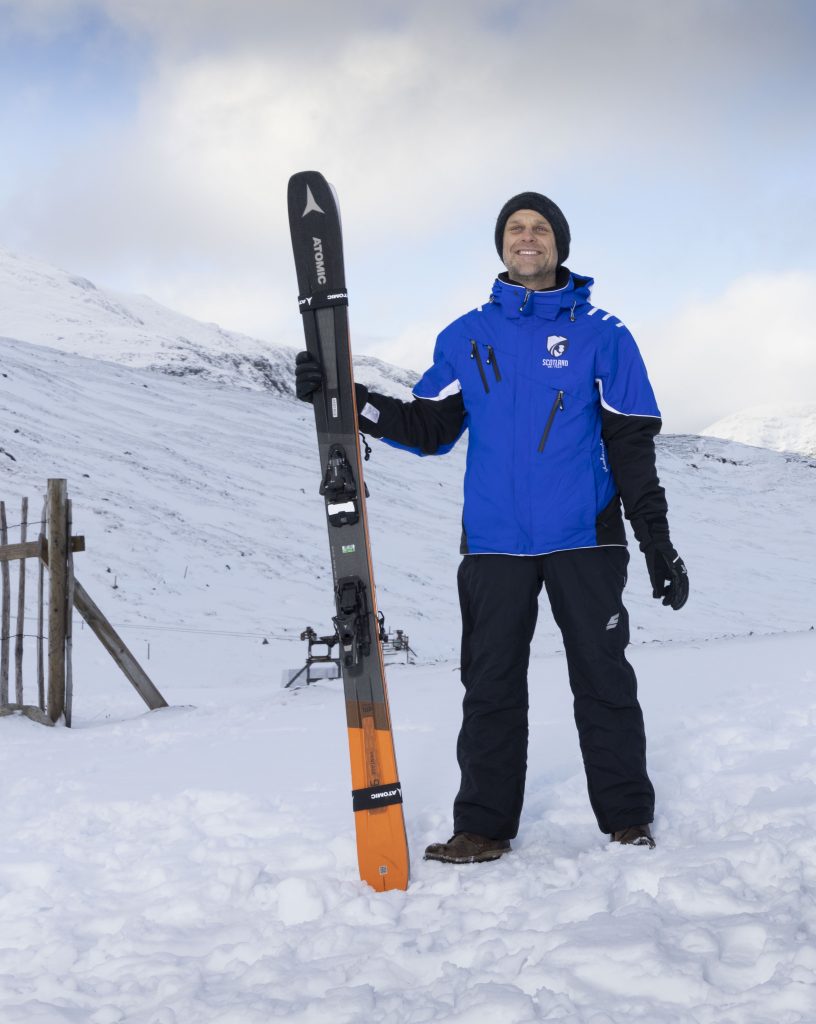
Mr Wilson (above) was speaking ahead of Scotland’s 21-22 season getting underway this weekend with surging omicron numbers and a lack of natural snowfall leaving skiers and ski centres nervous about how it might play out.
All five Scottish centre have all-weather snowmaking machines allowing them to open limited terrain even when there’s no natural snowfall. Cairngorm had created a 1560 metre beginner run but The Lecht (below, when fully operational) were having issues with mains power limiting what they could achieve.
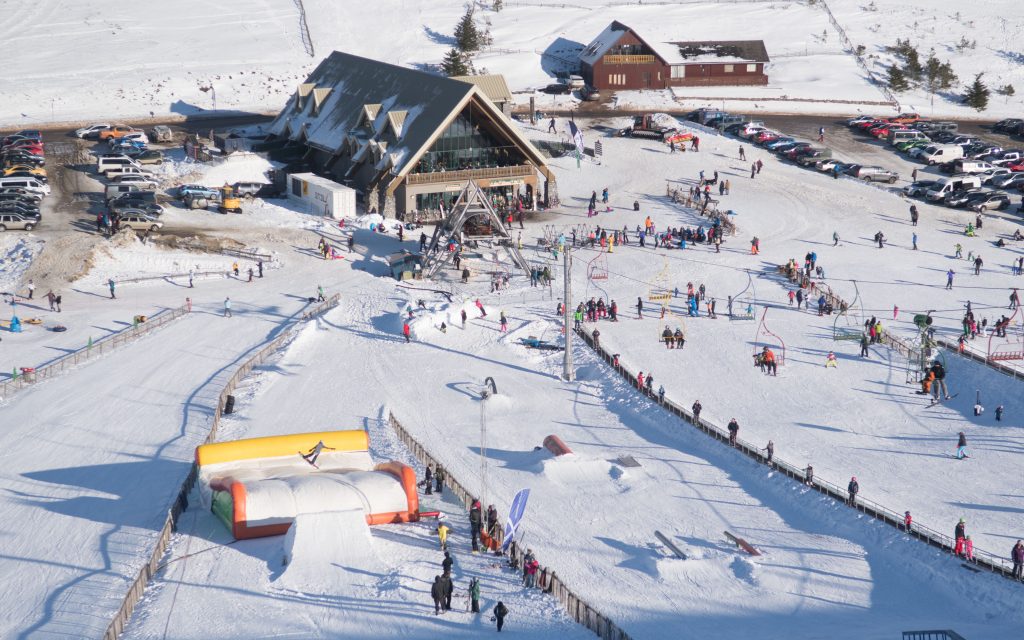
Four of the five centres had managed to open some terrain last weekend after cold and snowy weather at the start of the month, however after what Glenshee described as “exceptionally mild weather this week” (pictured below) much of the early cover has gone.
Trafford Wilson believes though that what will hopefully be the first full season since the beginning of the pandemic, the ongoing uncertainty around overseas travel, and what he believes will be the positive impact of the 2022 Beijing Winter Olympics, will create the perfect conditions for a snow sports boom in Scotland this winter.
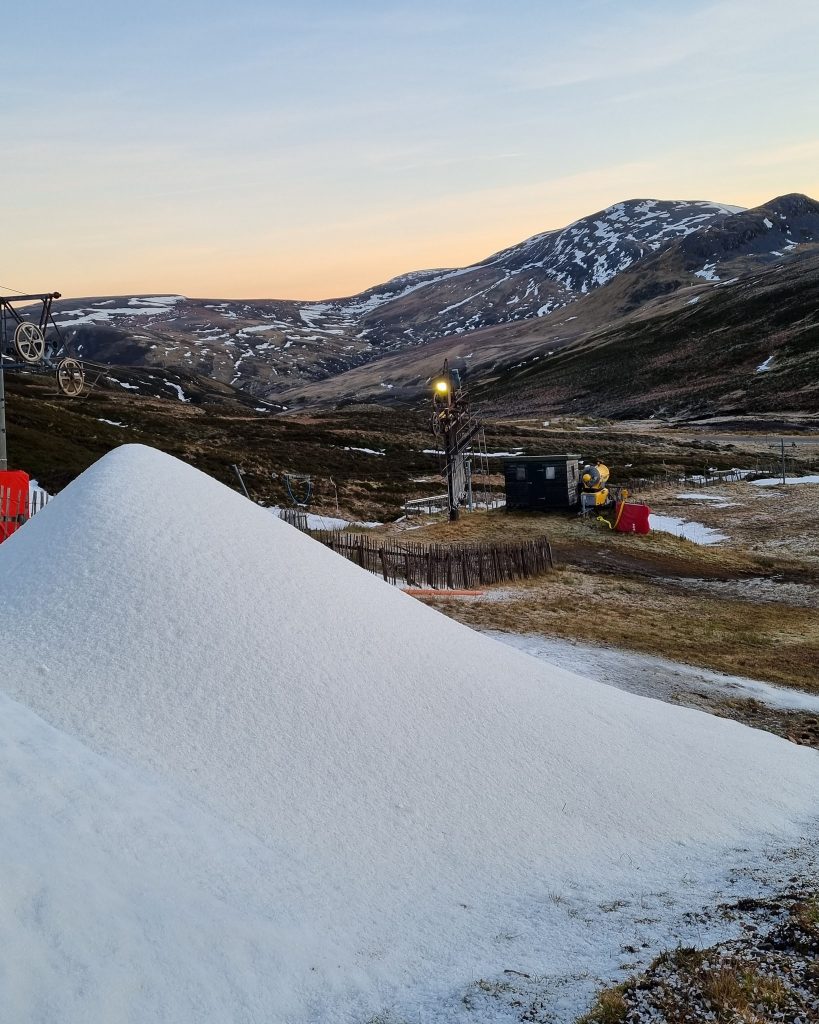
Research by Snowsport Scotland has revealed that more than 750,000 tickets are sold at Scottish snow sports venues every year (about a third of these at the five Alpine resorts in the north of the country, the remainder at the country’s dry slopes and indoor snow centre) and that the snowsports industry worth more than £30 million to the nation’s economy annually.
The Scottish ski industry also supports a workforce of more than 1,000 people, as well as almost 50 elite athletes involved in the Snowsport Scotland performance programme, which includes stars such as freestyle skier Kirsty Muir. Currently, 18 of the 48 athletes on the UK Sport funded winter sports programme are Scottish. Snowsport Scotland’s own membership has increased by 39% over the last 4 years (4,112 new members).
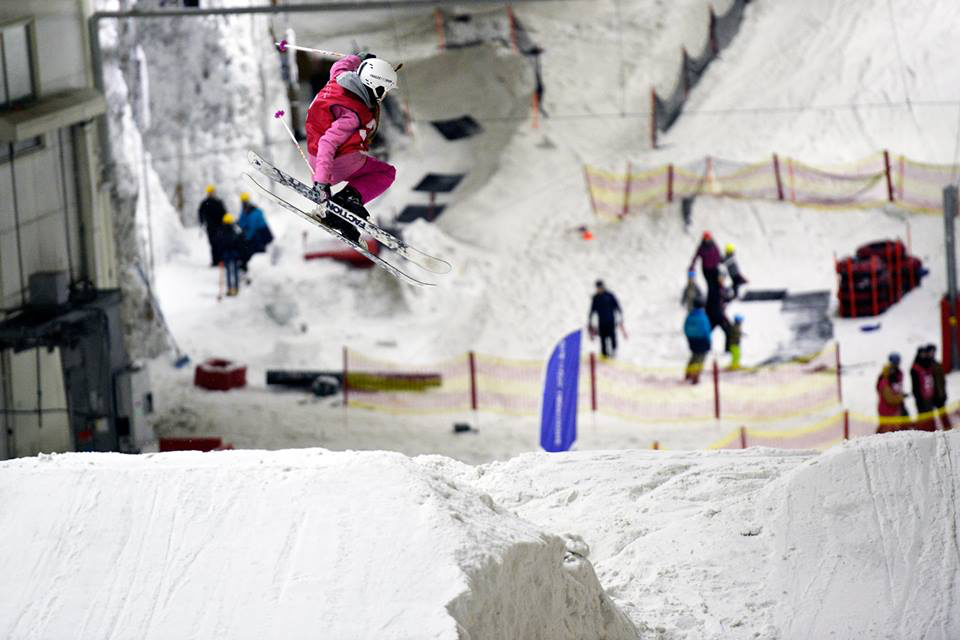
However, the pandemic has significantly restricted the last two winter seasons, meaning the upcoming 2021/22 ski season is pivotal to the recovery and future of the industry in Scotland.
The past two years have been challenging for the Scottish snow sports industry – with the stop-start disruption of the pandemic grinding ticket sales to a halt, resulting in snow sport facilities facing a £20m reduction in revenue.
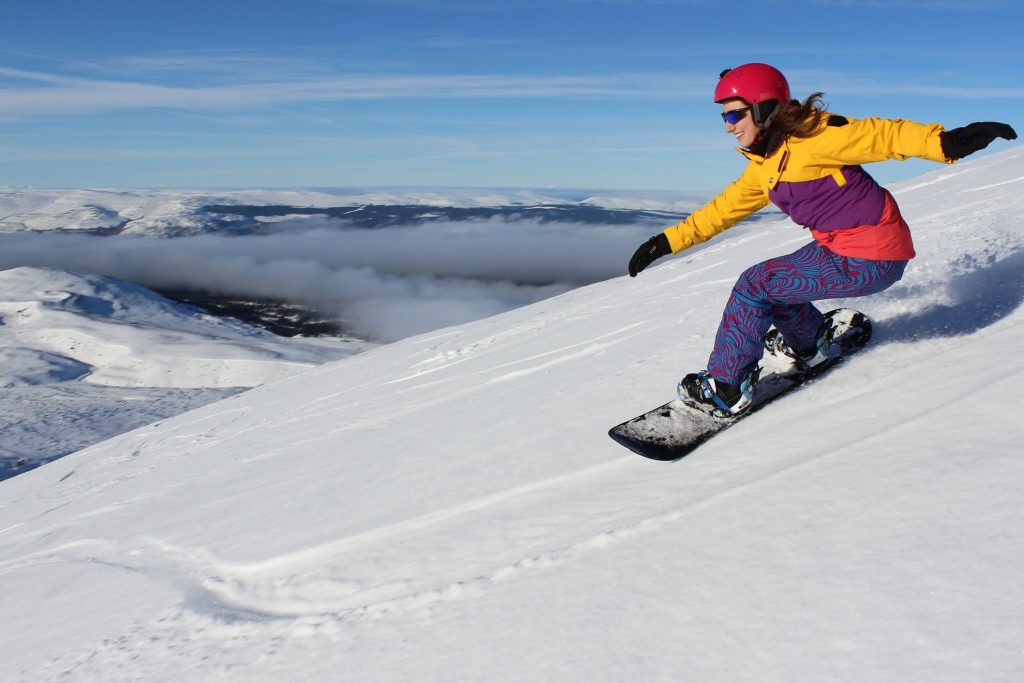
Snowsport Scotland, the governing body overseeing Scottish snow sports activity at all levels, independently verified Snowsport facility losses from the pandemic over the past two winter seasons – even accounting for mitigation from furlough, redundancies, and deferred capital payments – are more than £12m.
“Snow sports matters in Scotland. As evidenced through independent research the snow sports industry injects £30m into the Scottish economy every year, supports a workforce of more than 1,000 professionals, plays an important role in tourism, and allows literally hundreds of thousands of people each year to enjoy the physical and mental benefits that snow sport activities offer.”
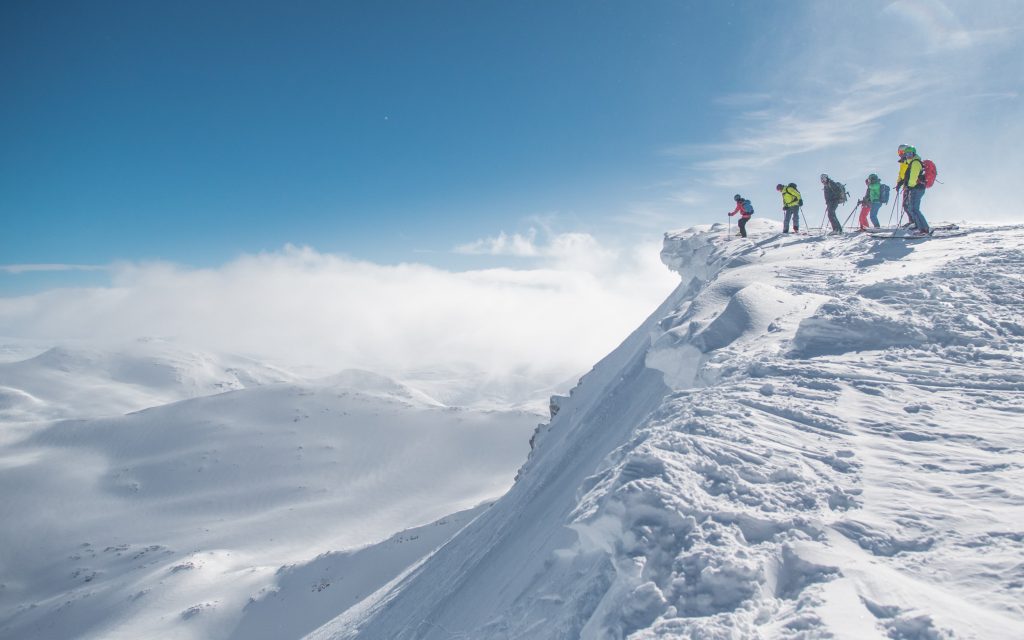
In response to the many financial setbacks spurred on by Covid-19, the Scottish Government provided a £7m “ski centre fund” to safeguard Scotland’s commercially run snow sport centres and several club-run dry slopes.
Meanwhile, work on repairs to Cairngorm’s funicular railway, which is out of action for its fourth successive winter, has been suspended for the ski season.
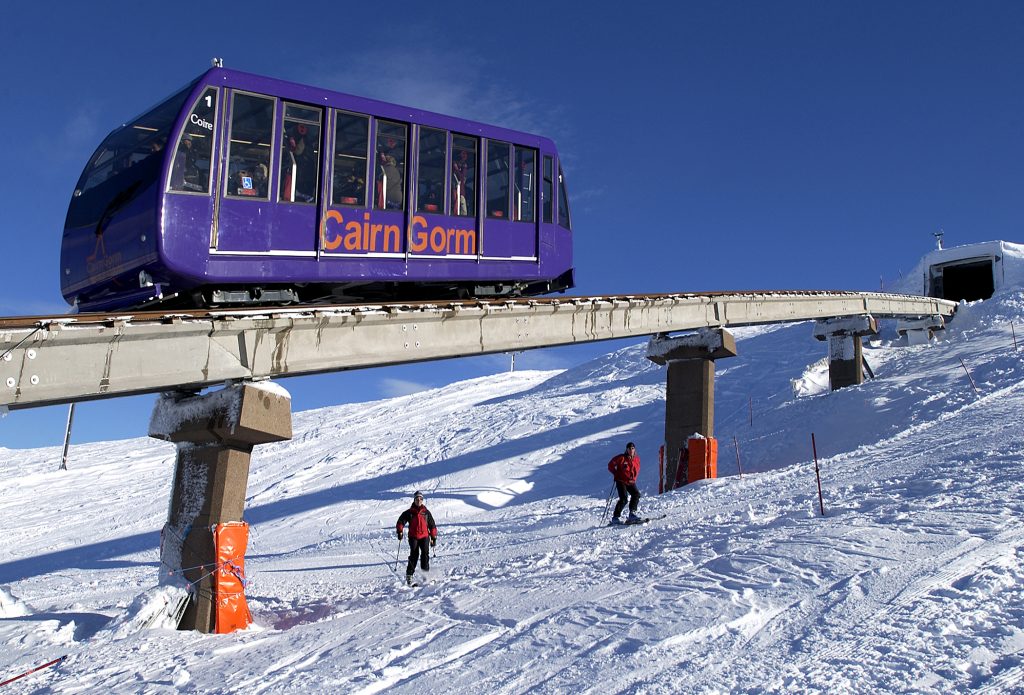
The work being undertaken by contractor Balfour Beatty on behalf of public-body Highlands and Islands Enterprise (HIE), has been described as, “one of the UK’s most challenging civil engineering projects,” by HIE.
The funicular runs on what is essentially a 1.8km viaduct and over the past nine months, Balfour Beatty has completed a programme to install new concrete jackets and props on 59 of the 94 piers that support the funicular viaduct, then carefully restored ground that had to be dug out or disturbed in the environmentally sensitive area.
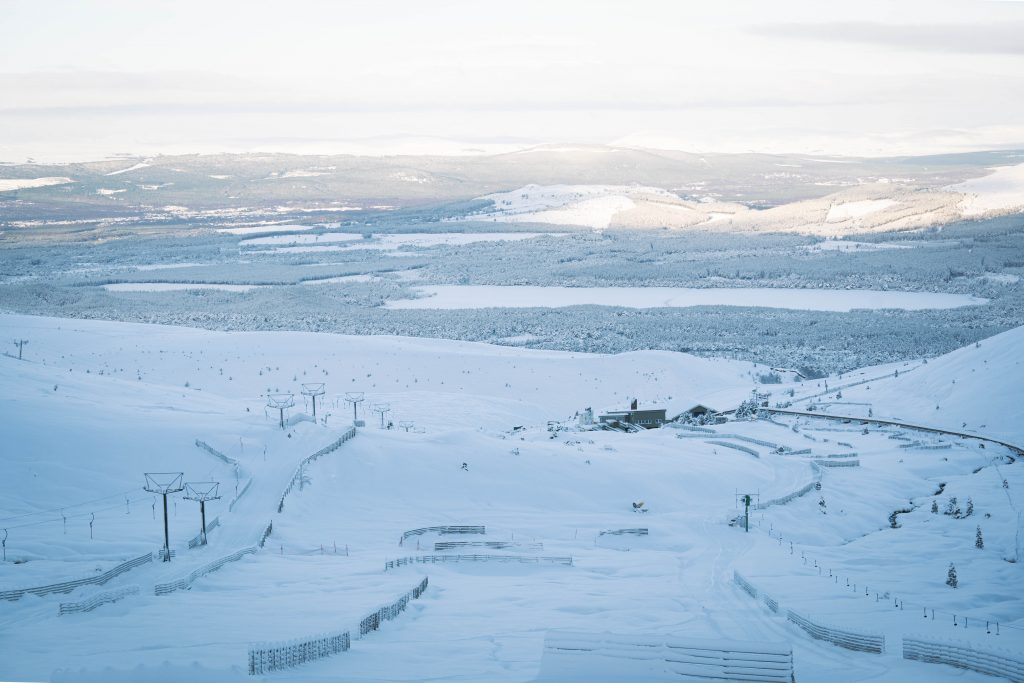
The next phase of the reinstatement programme is due to start in April 2022 and will focus on completing bearing replacements at all 94 piers and beam strengthening.
HIE is aiming for structural works to be completed in autumn 2022, at which point testing and certification will be carried out to enable the funicular to resume operation.
“There have been several challenges this year with Covid and material supplies over and above the engineering works. The team have worked hard to deliver the works and the reinstatement through different weather conditions, managing helicopter flights to achieve programme milestones and to the satisfaction of the environmental inspectors,” said Hector MacAulay MBE, Balfour Beatty’s managing director.
Cairngorm opens for the season this weekend and already offered a pre-season opening last weekend.

With thousands of people also facing uncertainty due to the ever-changing quarantine rules in European countries, Mr Wilson hopes more people may look to Scotland this winter season.
He said: “There’s a golden opportunity to get people thinking about coming to Scotland as concerns remain about travelling abroad. We hope that this opportunity allows more people than ever before to experience snow sports in the UK; and want to come back for more in the years to come.”
